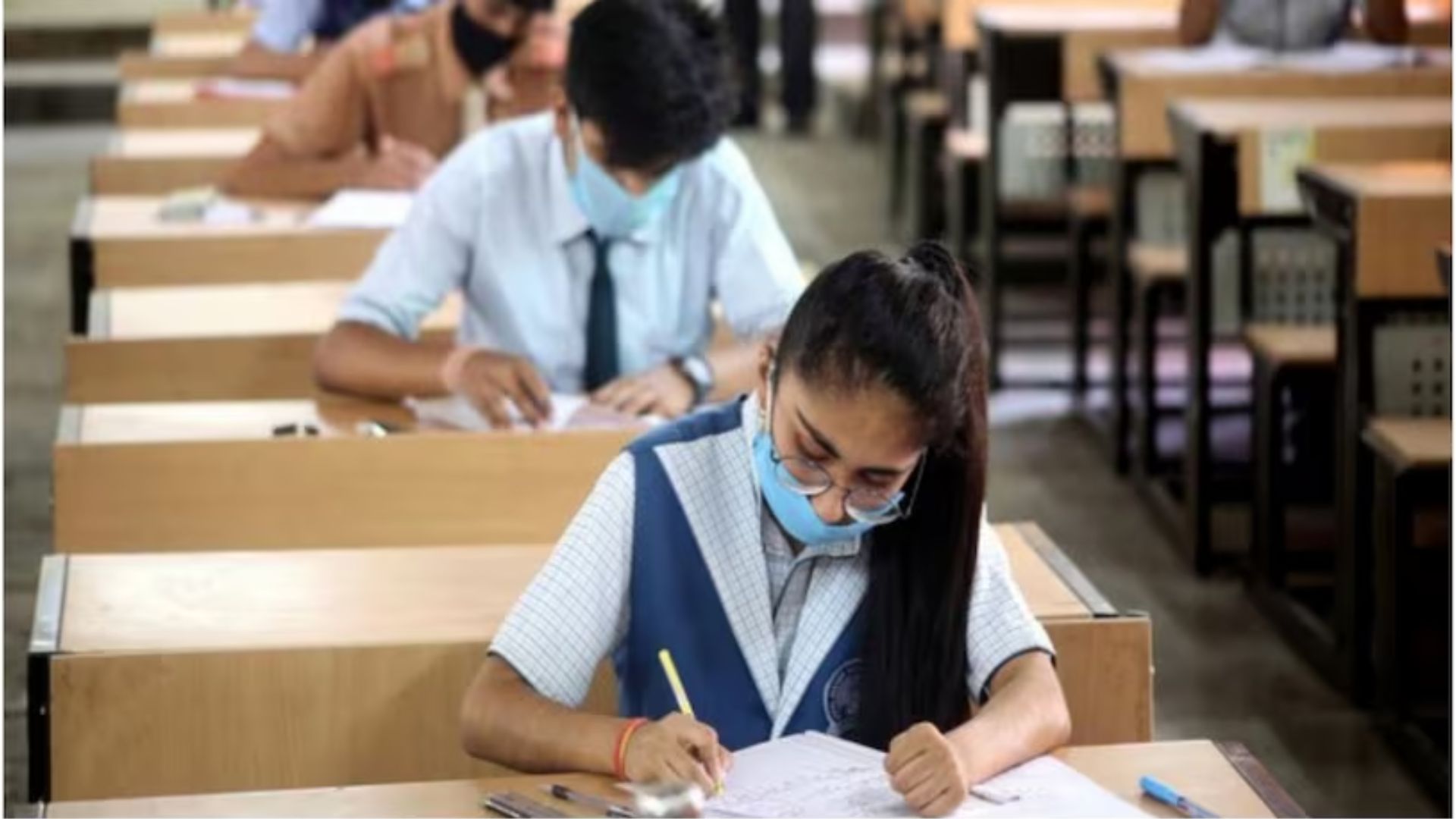The National Council of Educational Research and Training (NCERT) has proposed a new evaluation model that would incorporate students’ marks from Classes 9, 10, and 11 into their Class 12 board results. This recommendation is outlined in a report titled *Establishing Equivalence across Education Boards*, released in July.
The report suggests implementing a progressive assessment framework for Classes 10 and 12, which divides the academic year into two terms. Under this new system, Class 12 board results would include marks from Classes 9, 10, and 11, with the weight of formative (ongoing) and summative (end-term) assessments adjusted as students progress through the grades.
According to the report, the distribution of marks is as follows:
– Class 9: 7% formative and 30% summative
– Class 10: 50% formative and 50% summative
– Class 11: 40% formative and 60% summative
– Class 12: 30% formative and 70% summative
This results in cumulative marks contributing to the Class 12 board results as 15% from Class 9, 20% from Class 10, 25% from Class 11, and 40% from Class 12. This approach ensures that students’ performance over several years plays a significant role in their final scores.
The proposed assessment framework for Classes 9 through 12 aims to provide a comprehensive evaluation by balancing both formative and summative assessments. For Classes 10 and 12, the framework divides assessments into two terms.
The report specifies that term assessments will include various classroom activities, such as portfolio assessments, self-assessments, peer assessments, teacher observations, group work, and laboratory activities. End-term assessments will continue to use competency-based methods through Information Technology-Enabled Monitoring Systems (ITMS), with teachers choosing questions from a question bank.
Additionally, Term II will introduce formative assessments, including project work, paper presentations with viva voce, and group discussions. The summative assessment will feature a common paper with long and short answer questions, very short answers, and multiple-choice questions aligned with learning outcomes and based on a standardized question paper design and blueprint.







